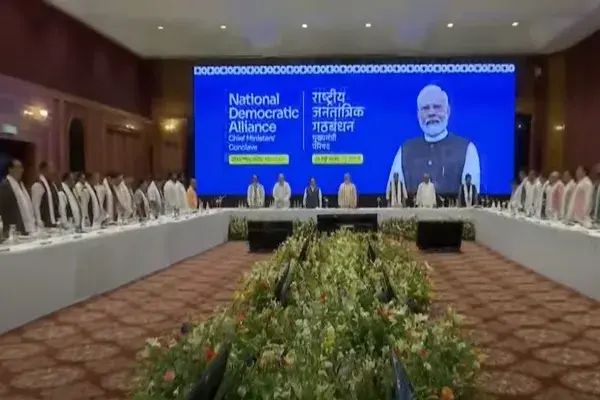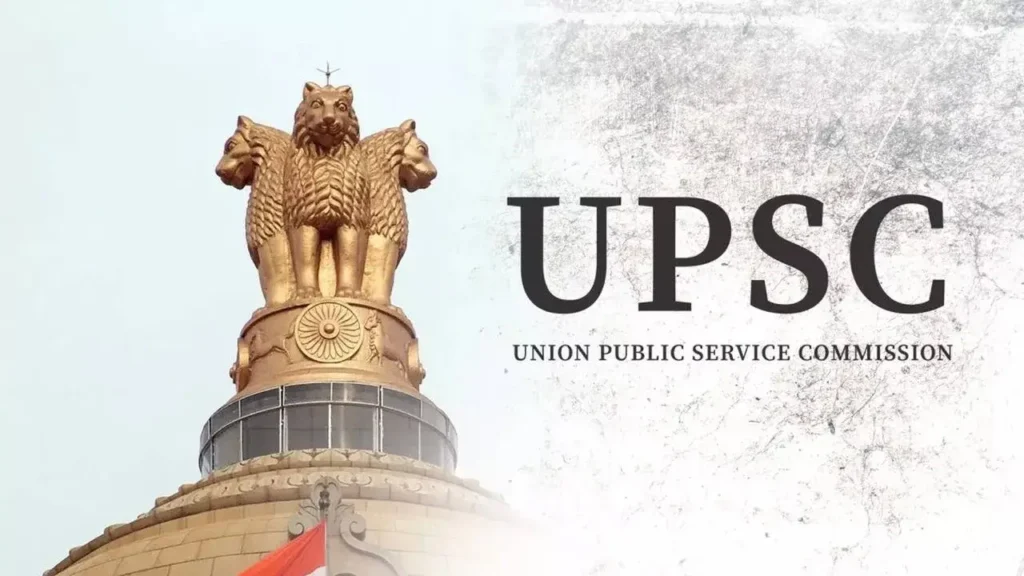LUMAMI, NAGALAND, 26th May 2025: Nagaland University researchers have identified stingless bee species that can be used to increase agricultural yield through pollination. The stingless bee species identified are Tetragonula iridipennis Smith and Lepidotrigona arcifera Cockerell). With the introduction of stingless bees as pollinators in different crops under greenhouse conditions, the yield and quality of produce increased several times in different crops. Stingless bees could be used for pollination without fear of being stung. They are known for their popular medicinal honey and pollination potential, which paves the way formulation of crop pollination calendars to benefit all stakeholders. The honey produced by the bees during the experiments also provided extra income besides good crop production. Nagaland University researchers found that chilli crop, when pollinated by these bees, increases the crop production and quality as compared to crop where pollination is not accomplished. For supplementing the pollination deficit in chilli, stingless bees and honeybee species like A dorsata, A florea – and other wild bees like halictid bees, syrphid bees and Amegiella bees need to be conserved. In king-chilli the per cent fruit set was increased to 29.46 % over non pollinated crop (21.00 %). Likewise in Chilli (Capsicum annuum), the fruit set and healthy fruits were increased by 7.42 % and 7.92 % over non-pollinated crop. Similarly, seed weight which is an indicator of viability or germination increased by 60.74 % when pollinated by stingless bees. This is the maiden attempt to work out the pollination potential of stingless bees and quality production of honey, which led to increased income and sustainable livelihood. Earlier, it was difficult to use honeybees for pollination of crops (inadequate pollination) due to their natural attributes. This Research was led by Dr. Avinash Chauhan, Scientist and Principal Investigator (AICRP Honeybees & Pollinators), Department of Entomology, School of Agricultural Sciences, Nagaland University. The findings of his team have been published in several reputed, peer-reviewed journals, including International Journal of Farm Sciences. Elaborating on this research, Dr. Avinash Chauhan, Scientist and Principal Investigator (AICRP Honeybees & Pollinators), Department Of Entomology, School of Agricultural Sciences, Nagaland University, said, “The research outcomes of last seven to ten years provided the different stakeholders with lots of opportunities to rear the stingless bees for quality honey production without fear of mixing of impurities in honey and minimizing bee losses, which led to more profitability in this profession. We are still working to improve the beekeeping rearing techniques and to promote Scientific beekeeping with honey bees and stingless bees for better honey production and pollination of crops. The focus is also to raise awareness among the people for the conservation of other wild honey bees and pollinators.” Speaking about the next steps in this research, Dr. Avinash Chauhan said, “The crops which are less known (passion fruit, Solanum spp., Chow Chow etc) but geographically important will be taken for future studies. Focus will also be given for extraction techniques for honey produced by stingless bees. The medicinal properties of the honey will also be worked out by proper analysis and mellisopalynological studies.” The present research was focused on developing the utilisation of stingless bees of genus Tetragonula spp. and Lepidotrigona spp. for the pollination of crops like cucumber, chilli, king chilli, ash-gourd, watermelon, citrus, tomato, pumpkin, brinjal and dragon fruit etc. The stingless bee colonies extracted from the forests and field areas as per the available methods, were multiplied scientifically to attain sufficient numbers of bee colonies for their utilisation as pollinators for crops under confined conditions. Besides these, their potential as pollinators on Mango, Guava, Rhus, Gooseberry and Ber etc was also observed and recorded. Stingless bees are reported from North East India, Eastern India and Southern Indian States, with recent additions from North, Central and Western Indian states. Unlike all the states where stingless bee rearing is still in nascent stages in North Eastern and Southern states, the stingless bees are reared in the traditional manner in homestead apiaries. However, in the last 7-10 years, the scientific domestication of these bees involving the development of scientific hives and mass multiplication of stingless bee colonies using queen cells is achieved in Nagaland and is extended to other states like Meghalaya and Arunachal Pradesh. This development led to the way for the easy multiplication of these bees for pollination and other bee products. The farmers and other stakeholders are able to place their stingless bee colonies for pollination of crops under open field conditions and greenhouse conditions leading to better crop yield and quality production of crops. RESEARCH BACKGROUND Honeybees, stingless bees, bumble bees, halictids, syrphids and other solitary bees are an important group of insects which are indispensable for regulating the food and forage cycle of the ecosystem. They are found in different habitats with different nesting attributes. Among these pollinators, the collection and domestication of feral stingless bee colonies, their identification and their use in crop pollination are the areas of interest for sustainable farming in northeast India. The North East Indian States of Arunachal Pradesh, Assam, Meghalaya, Mizoram, Manipur, Nagaland, Sikkim and Tripura are endowed with a wide range of physiographic and ecoclimatic conditions. Propagation of stingless bee colonies contributes to the preservation of biodiversity by conserving populations of species that may otherwise decline owing to human disruption of ecosystems In open conditions for adequate pollination of chilli, stingless bees, honeybees and Diptera fauna should be conserved along with non-Apis bees. Without pollination the yield and quality were too less in chilli. Stingless bees, honeybees and halictid bees were the major pollinators of chilli. (Disclaimer: This report is generated from PR/ PRO services. ‘ArdorComm Media’ holds no responsibility for its content.)










